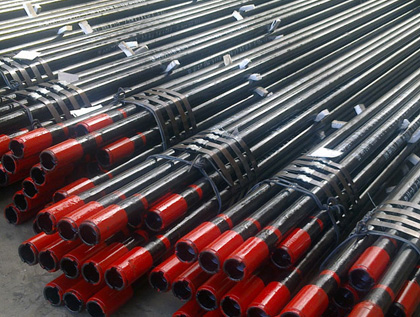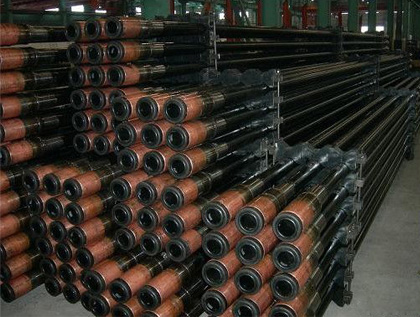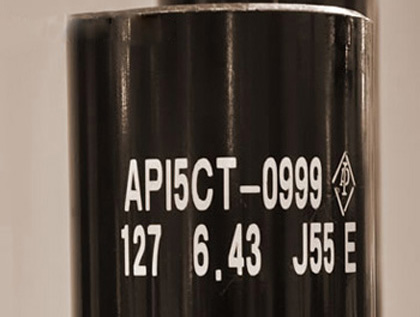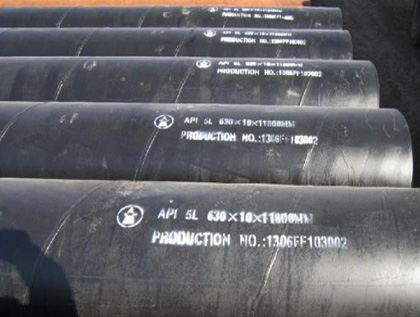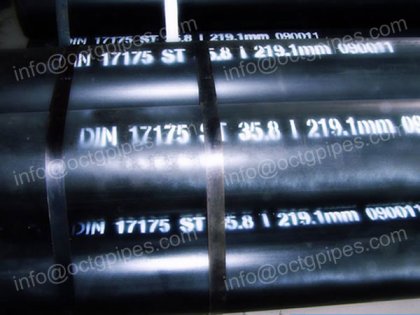pipeline corrosion resistance
The steel pipeline is mainly used to produce and transfer sour gas pipeline which resists the hydrogen sulfide corrosion. With the development of delivery pressure and increase the cost of desulfurization from gas, the manufacturers have to consider the pipeline corrosion resistance to hydrogen sulfide in order to decrease the expense of desulfurization.
Steel Pipeline
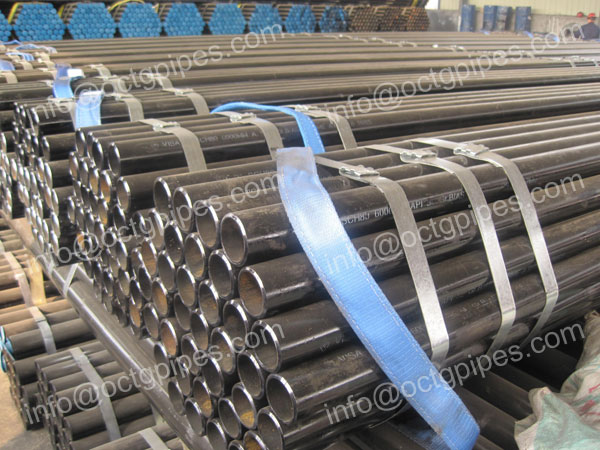
Hydrogen sulfide corrosion resistance is the most difficult to produce a type of special steel for the oil pipeline and natural gas pipeline, because the purities of molten steel and billet segregation control rolling and cooling requirements of high traditional metallurgical processes.
Generally there are two reasons for the pipeline failure in the acid gas environment. One is the sulfide corrosion cracking referred to SCC. But the defect is that the internal stress and hydrogen sulfide corrosion under the action of the medium with the stress direction perpendicular wall cracks in the high strength steel surface. The high grade steel pipeline is prone to SCC in the pipeline service process.
The other reason is hydrogen induced cracking referred to HIC. Due to high concentration of hydrogen sulfide gas environment, the cracks in the steel corrosion inside the hydrogen produce in the vicinity of inclusions and segregation to result enrichment of the surface parallel to the wall cracking. HIC mainly occurs in low medium-strength steel planted.
Get In Touch


